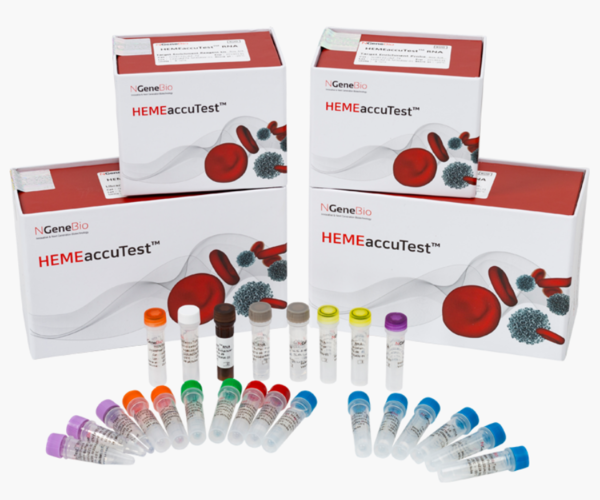Cancer and neoplasms
NGeneBio’s blood cancer diagnostic panel gets permit in Thailand
NgeneBio, a Kosdaq-listed biotech firm, said Tuesday that it has obtained marketing authorization for Hemeaccutest, a blood cancer precision diagnostic panel based on next-generation sequencing (NGS) technology, from the Thai Food and Drug Administration (TFDA).
Hemeaccutest, utilizing NGS, can identify mutations in over 100 genes associated with various hematological malignancies, such as myelodysplastic syndromes (MDS), myeloproliferative neoplasms (MPN), and lymphomas.
Last year in May, NGeneBio received a medical device license from TFDA for Brcaaccutest Plus, a precision breast cancer diagnostic panel. This product has been supplied to MP Group, a molecular diagnostic company in Thailand.
This recent approval marks NGeneBio’s second, signaling their commitment to not only breast cancer but also the blood cancer precision diagnosis market. They are actively collaborating with their Thai partner, MP Group.
For entry into the Thai medical market, a company must obtain a medical device license from TFDA, the regulatory authority under the Medical Device Act of 2008.
NGeneBio is currently in the process of obtaining TFDA marketing authorization for other flagship products: Solidacutest, a precision diagnostic panel for solid tumors, and HlaacutestAll, a precision diagnostic panel for histocompatibility antigens.
Upon completion of these approvals next year, NGeneBio plans to work with MP Group to expand into major healthcare organizations in Thailand.
“In Thailand, our blood cancer precision diagnostic product has been registered as the highest class of medical device,” said NGeneBio CEO Choi Dae-chul. “We will supply various NGS precision diagnostic products to the ASEAN market, including breast and blood cancer diagnostic products licensed in Thailand, to expand our overseas sales.”
Based on the market research firm Statista’s report on the market value of medical devices in Thailand, the scale of the Thai medical device market is projected to reach $3.4 million in 2027, experiencing an annual growth rate of 7 percent from $1.8 million in 2019.

